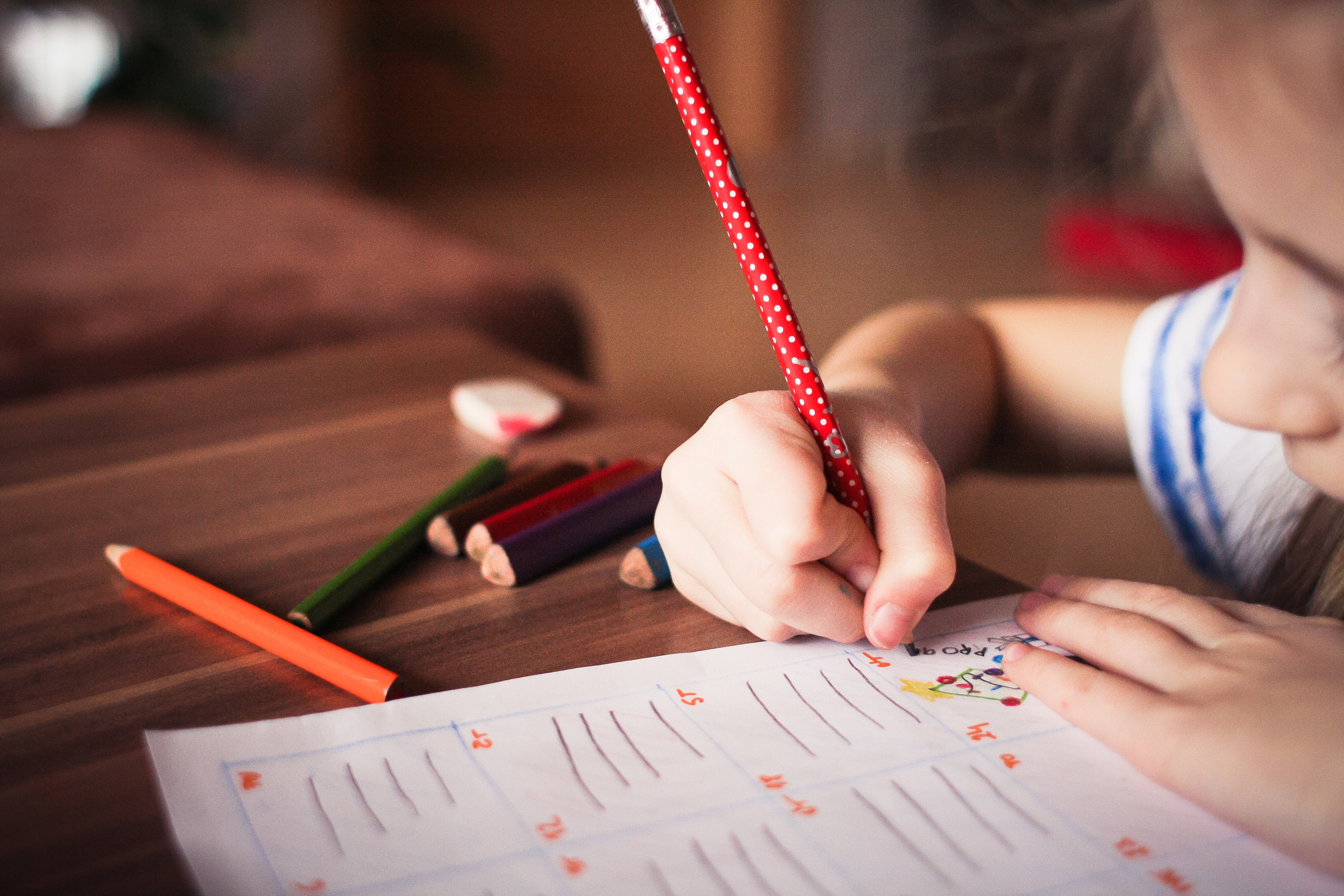‘No wrong door’
- The global pandemic has laid bare how stretched mental health and social care is for our most vulnerable children and young people. Our health and care services are predicted to see a significant increase in need over the coming months, and a regional, coordinated, response will be required to ensure that our support offer is sufficient to meet this demand.
- In most areas of Wales, children and young people experiencing distress with mental health, emotional wellbeing and behavioural issues are waiting too long to get the help they need, and are being ‘bounced’ between services who cannot agree who is responsible for their care. We want to see services wrap around children and young people and their families, not for them to have to navigate complicated systems.
- Regions need to move rapidly towards a ‘no wrong door’ approach in responding to children and young people’s emotional wellbeing and mental health needs. This means that they should not keep being told that they are knocking on the wrong door when trying to access help. This could include early help panel or hub models, drop-in centres, models that make sure children and young people get the right help so that they don’t need to go away from home to receive specialist care, or plans for specialist residential care closer to home.
Learning disabilities
- Children and young people with learning disabilities still too often face a complicated and stressful experience as they move from child to adult services. There are promising signs in some regions, but we have not seen the change ‘on the ground’ that we would like, and encourage all regions to re-visit their plans for this vulnerable group.
Positive steps
- We are encouraged that all regions now have specific multi-agency groups to consider the needs of children and young people, although some of these are very new.
- There have been recent welcome changes to Welsh Government policy, such as earmarking significant funding specifically for children with complex needs, strengthening the duty on regions for children’s participation in their work, and the publishing of a broader definition of children with complex needs so that regions should be providing integrated services for all children in distress.
What needs to improve?
- Welsh Government needs to do more to support regions in achieving ‘transformation’ of services for children and young people with complex needs, for example by working with regions to share learning and support projects, and providing longer term financial support beyond ‘kick-starter’ funding.
- Regions need to work with children and young people, their families, and the adults that care for them to re-shape the way services work. This includes being more accessible and transparent about the work they do.
- Funding and resources need to be seen as ‘whole-region’, not just as the property of local authorities or the local health board.

